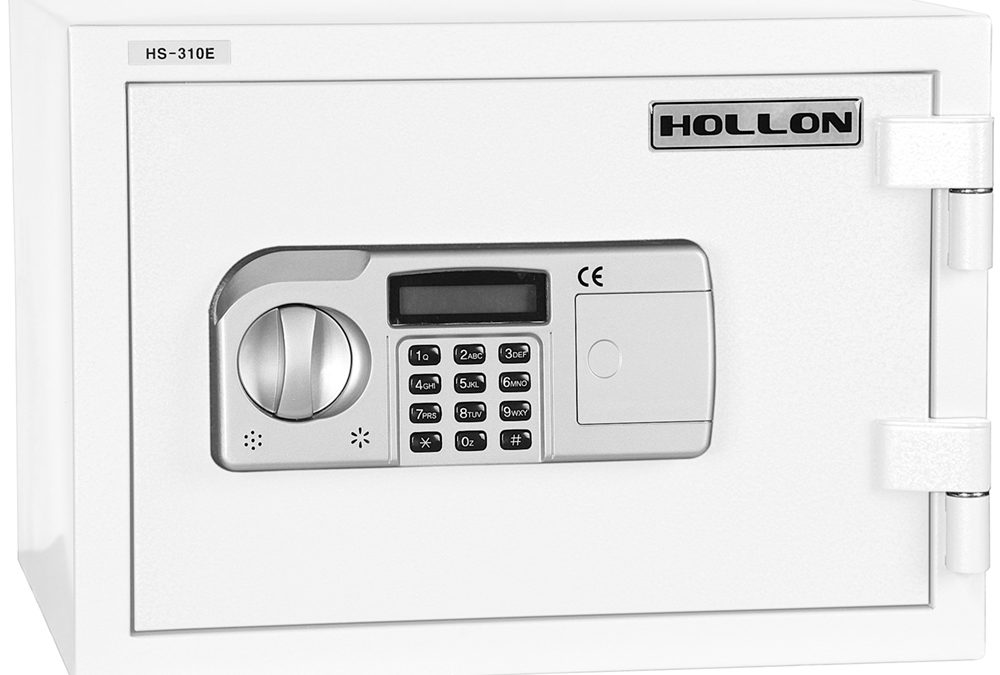What to Consider Before Purchasing an in-home Safe
s\ Some people prefer to store their valuables in a home safe rather than a deposit box at a bank. Many of us have some documents, items, or other valuables that can best be stored in a home safe. In addition to the convenience this adds over that trip to the bank, there are many other advantages to having a safe in your home.
For the uninitiated, a home safe is typically a lockable steel box designed and meant to safely store valuables, such as money, pieces of jewelry, or pertinent documents. There is a wide selection of safes available in the market in terms of shapes, sizes, and designs.
If you’re planning to get one for the safe storage of your valuables, here are four key factors to consider.
1. Size and space
The primary consideration in a home safe is its size and shape. It doesn’t make sense to invest in a safe if it cannot accommodate your items. Common home safe sizes range from one to two cubic feet (12 inches wide by 12 inches tall by 12 inches deep). In terms of shape, typical models have a cube shape where you can safely insert your items and locked them completely.
2. Documents to keep
Most home safes are purchased for the storage of important documents. If you have some paperwork that you want to protect, a home safe can be your best bet. Here are some documents you may need to keep in a home safe:
● Birth certificates
● Passports
● Social Security cards
● Tax returns
● Insurance policies
● Wills and living trusts
● Home and car titles
3. Valuables to store
Apart from pertinent documents, there are other valuables that ought to be kept in a home safe. These valuables include the following:
● Emergency cash
● Pieces of jewelry
● Collectibles
● Spare vehicle keys
● CDs or external hard drives
● Other items with sentimental or monetary value
If you have one or some of the items mentioned above, you may consider getting a home safe.
4. Protection you need
The last and most important factor to consider is the exact protection you need. Below are types of protection that a home safe can give you:
● Fire protection: You must consider the durability of materials of a home safe that can protect your valuables from fire. For instance, if you are to store important documents, you want to make sure the safe is fire-resistant. In fact, we recommend a safe have at least a 2-hour fire rating.
● Burglary protection: You may be getting a home safe to protect your valuables in case of burglary. If this is the protection you need, it may be best to get a safe that you can bolt to the floor. This will present an extra resistance to the burglary attempt, and make it more unlikely a burglar walks away with it.
● Water protection: You may think of getting a home safe to protect valuables from water damage. While its is more far difficult to ensure a safe be completely waterproof, you can ensure water-resistance to forces like fire-hose spray. We would highly recommend you consider a home safe that meets this water resistance specification.
Conclusion
For the most part, you’ll have to factor in the size, protection type, and price when looking for a quality home safe. Other than these, consider the various documents and valuables you wish to protect. With these four crucial factors in mind, you’ll be able to invest in the right home safe that best suits your needs.
If you need a home safe or need to have one repaired in Cincinnati, Ohio, get in touch with us today. We’re glad to help!
Copyright Allied Lock and Door Service Co.

